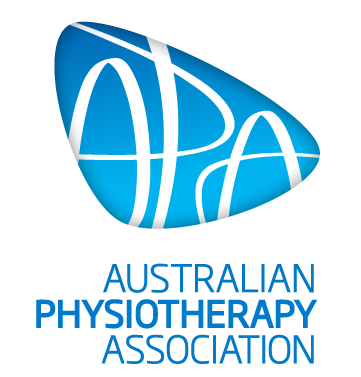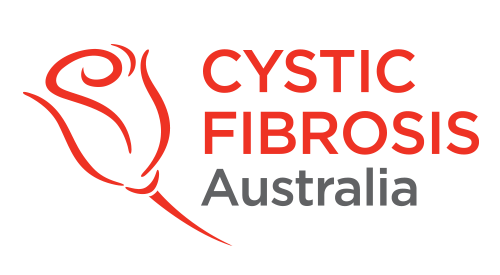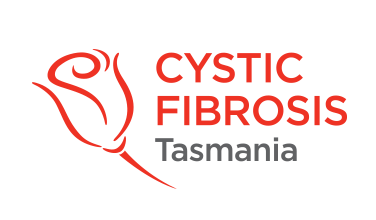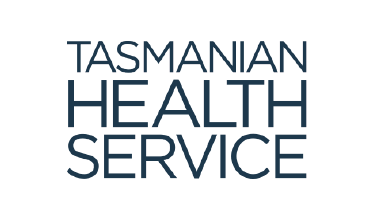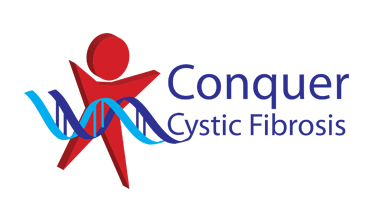Your Lungs And How CF Affects Them
The lungs have a number of jobs:
- To breathe in, to get oxygen from the air we breathe, and get it into our blood.
- To breathe out, to get carbon dioxide (waste) out of the body.
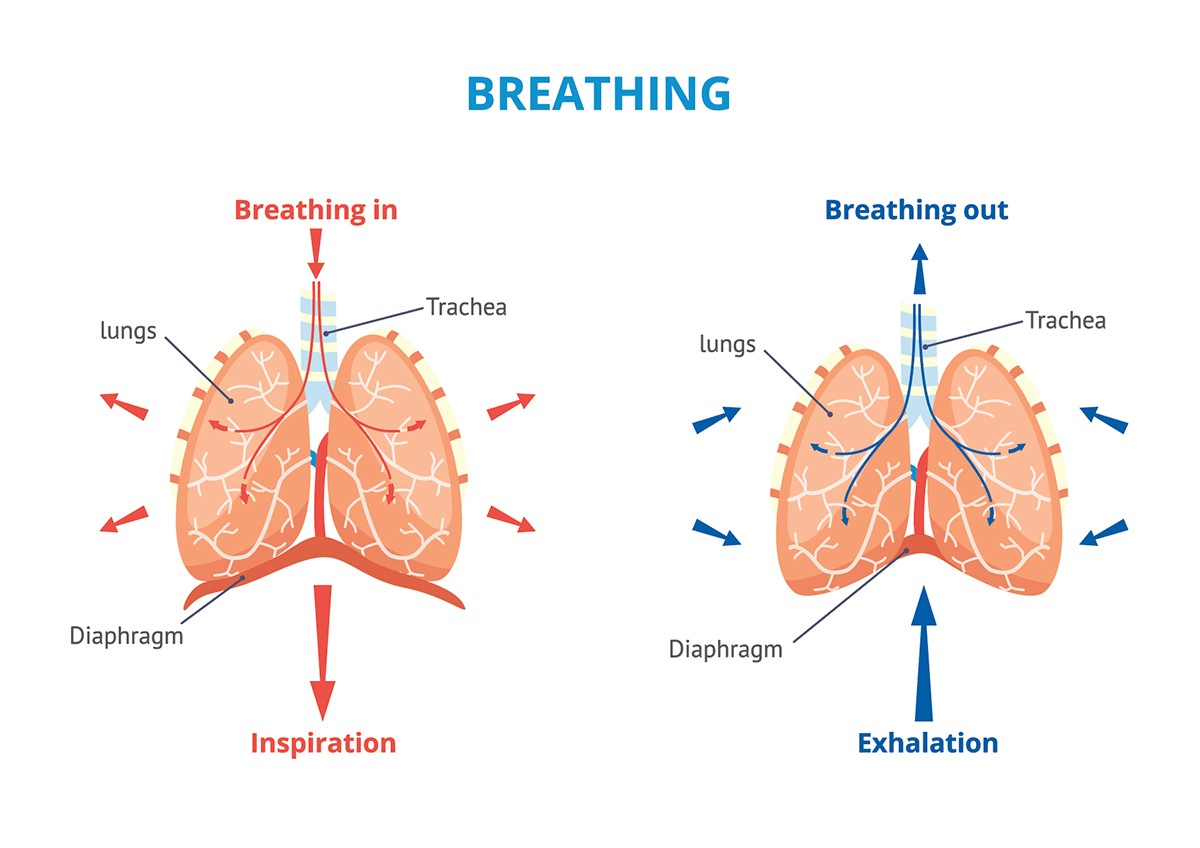
When we breathe, air travels through the windpipe (trachea) down the stem of the airways (bronchi), ending at tiny, grape shaped air sacs (alveoli). These tiny air sacs expand and relax every time we breathe. Small hairs called cilia line the windpipe and airways. The job of cilia is to move germs and dust out of the lungs. The airways in someone who does not have CF have a thin layer of liquid that allow the cilia to stand outstretched and move easily to remove any germs or dust. Imagine the cilia are the seaweed in a crystal clear pool (the airway surface liquid).
In CF, because the salt and water are not moving correctly, the liquid in the airways then becomes thick and sticky. Imagine the crystal clear pool does not have as much water, it is no longer so clear, it contains sludge. The decreased amount of water and its increased thickness means that the little pieces of seaweed (cilia) have trouble moving and it is now difficult to clean out and remove any germs or dust.
Germs or bacteria can get trapped. If the germs or bacteria stay in the lungs it can lead to inflammation or swelling, and infection. Without treatment, this can lead to long term lung damage, which may be referred to as scarring or bronchiectasis.
Courtesy of the Cystic Fibrosis Foundation


